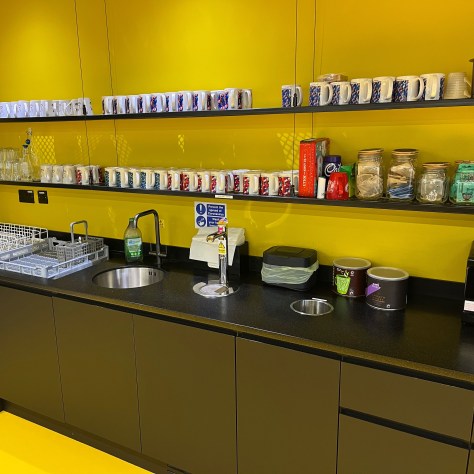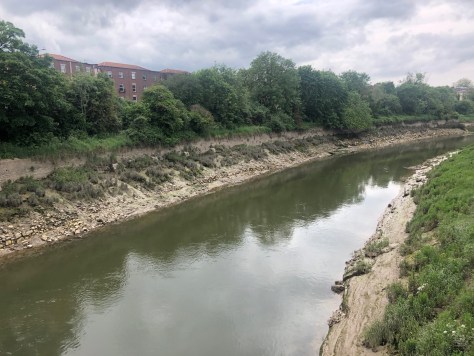I was mainly in London this week trying to avoid the rain.
I was attending the WonkHE Festival of Higher Education, this is the conference previously known as WonkFest. The name change was more about the challenge in delegates getting funding to come to the event… so you want to go to a conference, that should be fine, what’s it called. Seriously?
It was a rather good conference, some really good sessions, too much choice sometimes. Only downside was, one of the rooms for the parallel sessions, was too small, so as a result lots of people who wanted to attend the session were turned away (including me).
I enjoyed the session, “in conversation with David Aaronovitch“ I did have a question about the Remembrance of the Daleks… but a quick check of Wikipedia and I realise that Ben Aaronovitch wrote the Daleks and is David’s brother… So won’t be asking that question then!
I did a few sketch notes.
What do the UK’s places want from their universities?
How do you solve a problem like HE regulation?
What might the future of education technology hold?
Not as many as I might do at other conferences, as the format of some of the sessions, didn’t lend themselves to sketching.
There was a couple of good blog posts on the WonkHE website about the event.
I had to spend some time reviewing and collating materials, and writing briefing note and bullet points for a panel session at HEAnet on Navigating the Challenges and Opportunities of the Modern Campus. As the considered expert on the intelligent campus, I often get asked to provide a perspective on the future of the university campus.
It is the intelligent campus that I will be speaking about, next week at Learning Places Scotland 2023 in Glasgow. I am doing a presentation on building the intelligent campus.
Universities and colleges spend billions on their campuses, yet they are frequently underutilised and are often a frustrating experience for students. In this session, James Clay will describe the campus of the future. How does a traditional campus become a smart campus? What are the steps to make a smart campus, an intelligent campus? The intelligent campus builds on the smart campus concept and aims to find effective ways to use data gathered from the physical estate and combine it with learning and student data from student records, library systems, the virtual learning environment (VLE) and other digital systems. This session will describe what data can be gathered, how it can be measured and explore the potential for enhancing the student experience, achieving net zero, improve efficiency, and space utilisation. It will demonstrate and explain to the delegates what the exciting future of the intelligent campus. James will also ask delegates to consider the ethical issues when implementing an intelligent campus as well as the legal requirements.
I had to plan in a call to discuss the presentation.

On Monday before heading off to London, I had a great discussion with colleagues in the office about broadcast and recording capabilities within our Bristol office. The reality is that though I would love to have a proper TV studio in the office I really need to plan and deliver some initial content first, to provide some foundations to a proof of concept.
There was a discussion on the possible future of the office, as in redesigning the space to reflect the current (hybrid) working practices. So more collaborative spaces, more occasional spaces, more spaces for online conversations and meetings, and so on…
Continued doing more work on the planning, reflection, and researching concept of optimisation of operations and data.
I had a great meeting with Josie Fraser discussing digital skills and digitisation.
We had some great old person digital transformation reminiscing.
Had a pre-meeting for Jisc OfS meeting next week. As a result I have some preparation to do.
I did miss using the Twitter at the conference this week, though I did post to Bluesky and Threads, it wasn’t quite the same, and very little engagement. I did look at the Twitter and there were some posts, so I do think even if I had engaged, there wouldn’t have been a serious amount of traction and discussion.











































